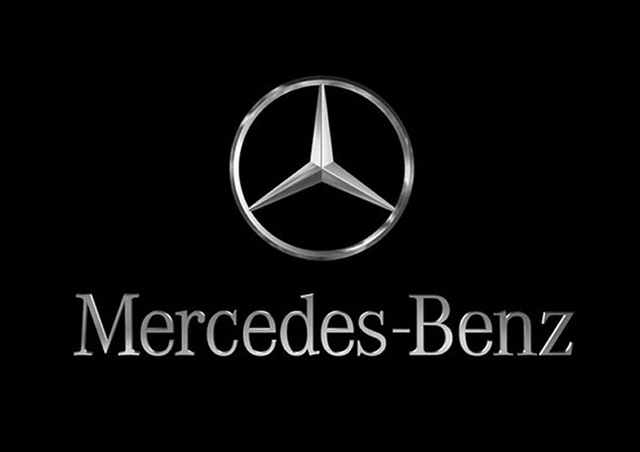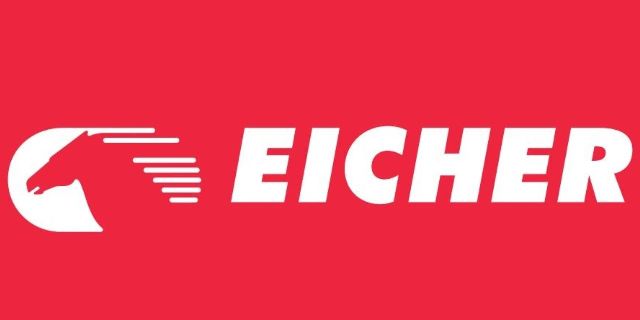by Team Small News | Feb 11, 2026 | Automobile
The 60th Super Bowl, broadcast on NBC and Peacock, drew a massive audience of 124.93 million viewers, just shy of last year’s record-breaking 127.71 million viewers. The game, which saw the Seattle Seahawks defeat the New England Patriots 29-13, was the second...

by Team Small News | Feb 9, 2026 | Automobile, Skoda, Volkswagen
The author, a self-proclaimed Volkswagen enthusiast, has recently purchased a Skoda Octavia 1.4 TSI MT, adding it to their collection of two Ventos. After test driving several cars, including a Suzuki Kizashi, Hyundai i20 N-Line DCT, and Abarth Urban Cross, the author...

by Team Small News | Feb 5, 2026 | Automobile, Hero MotoCorp, Honda, Royal Enfield, TVS
According to the latest sales data, the top 10 most sold two-wheeler (2W) brands in January 2026 are: TVS: With a total of 1,43,911 units sold, TVS takes the top spot. The company’s popular models such as the Apache and Jupiter contributed to its success. Bajaj:...

by Team Small News | Feb 4, 2026 | Audi, Automobile, BMW India, Mercedes Benz
A recent TikTok video by an Audi mechanic has sparked a lively debate about the cost of maintaining and repairing luxury cars. The mechanic, @mercsways, expressed frustration with Audi owners who are reluctant to pay full price for top-tier parts and labor, instead...

by Team Small News | Feb 3, 2026 | Automobile, citroen
Pierre Leclercq, the head of design at Citroen, believes that there is still a lot of potential to be explored in the electric vehicle market, including a possible resurgence of the humble MPV (multi-purpose vehicle). Leclercq’s thoughts were sparked by the...

by Team Small News | Feb 1, 2026 | Automobile, Skoda, Volkswagen
The Skoda Elroq is a new compact electric SUV that is based on the Volkswagen Group’s MEB platform. It is Skoda’s latest electric vehicle, and it features a unique design that is distinct from the company’s conventional combustion-engine vehicles....

by Team Small News | Jan 31, 2026 | Audi, Automobile, BMW India, Mercedes Benz
The new Infiniti Q60 has been digitally imagined as a potential rival to the Audi A5 Coupe, Mercedes CLE, and BMW 4 Series. The Q60, a luxury coupe, has been given a virtual makeover to see how it would stack up against its competitors. The digital rendering shows the...

by Team Small News | Jan 29, 2026 | Automobile, Piaggio
Piaggio has introduced a limited edition scooter, the Vespa 946 Horse, in collaboration with the renowned fashion brand, Sean Wotherspoon and the motorcycle designer, Garrett Leight. This unique scooter is a tribute to the iconic Vespa 946, which was first introduced...

by Team Small News | Jan 29, 2026 | Automobile, Eicher
Eicher Trucks & Buses has achieved a significant milestone by covering the Kashmir to Kanyakumari (K2K) route with a loaded Pro X EV, a electric commercial vehicle. The journey, which spanned over 4000 kilometers, was completed with multiple planned charging...

by Team Small News | Jan 28, 2026 | Automobile, Skoda
The Skoda Kodiaq, a popular mid-size luxury SUV, has achieved a significant production milestone in India. According to a report by Gaadiwaadi.com, the Kodiaq has reached the 50,000 unit production mark in the country. This milestone is a testament to the...







